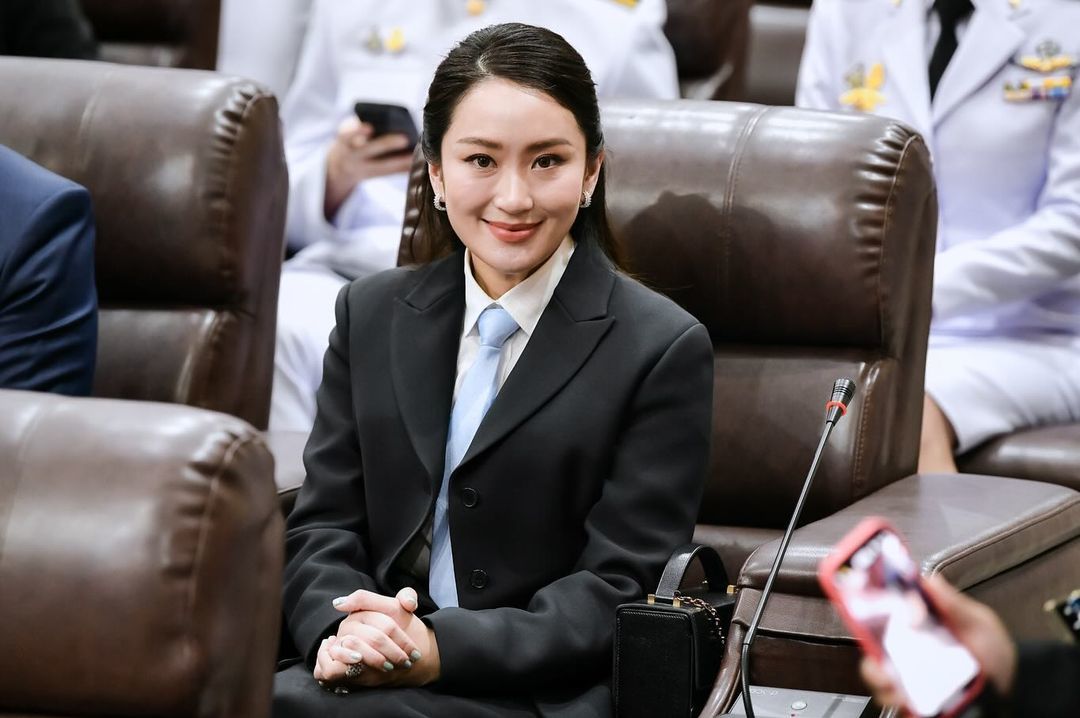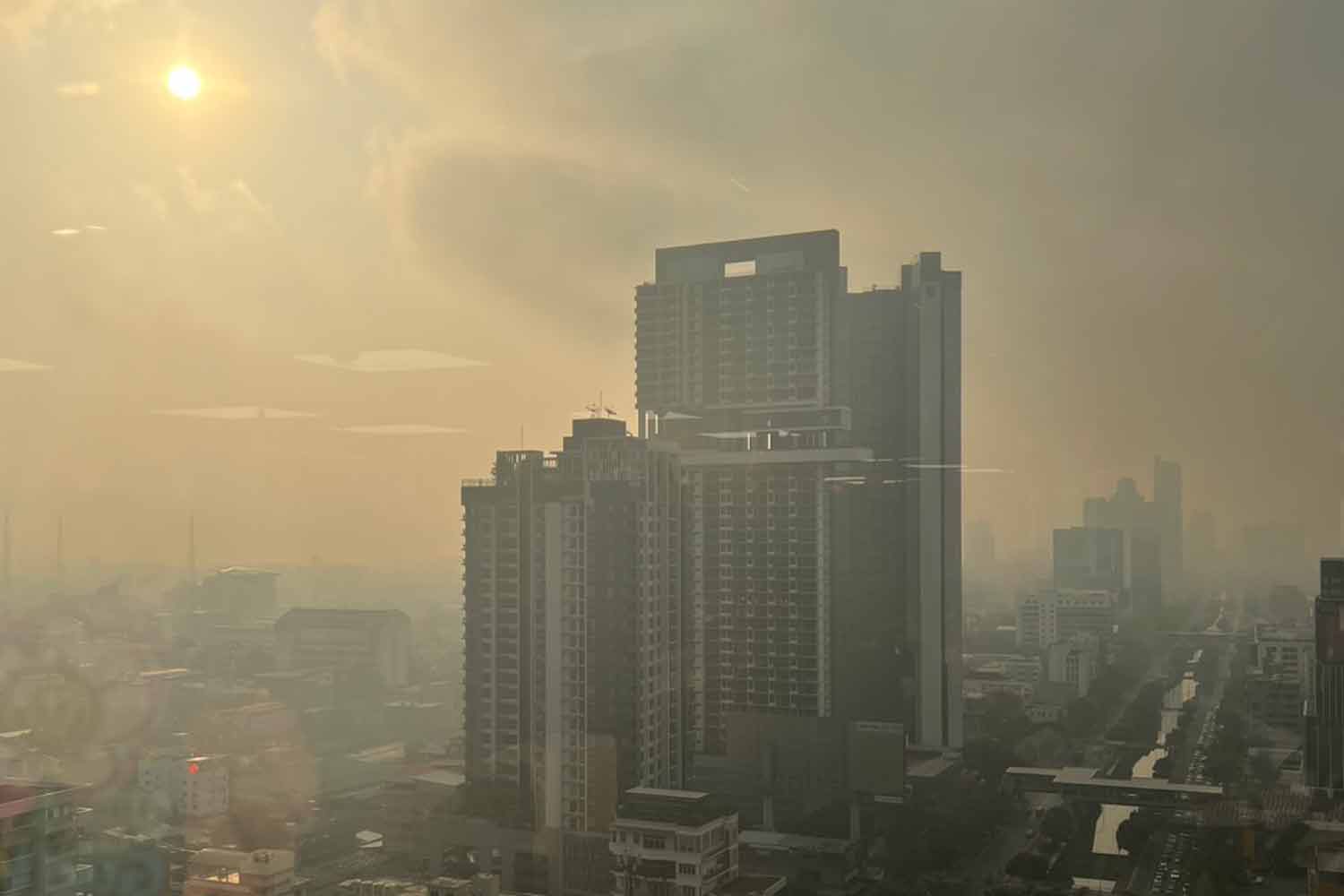Political Instability Hinders Progress
Frequent Leadership Upheaval
Thailand’s political landscape remains mired in volatility, with six prime ministers suspended over the past two decades, most removed from office. The Constitutional Court’s ongoing deliberation over Prime Minister Paetongtarn Shinawatra’s fate underscores a pattern of disruption, with only the 2014 coup-leading general avoiding ouster. This instability, driven by efforts to suppress democratic reforms, stifles governance and erodes Thailand’s global reputation, as diplomats face constant questions about coups and protests.
Suppression of Reformist Movements
Systematic Political Crackdowns
The establishment’s resistance to change is evident in the dissolution of reformist parties like Future Forward and Move Forward. Leaders Thanathorn Juangroongruangkit and Pita Limjaroenrat faced decade-long political bans for challenging entrenched power structures, including proposing royal defamation law reforms. These actions, rooted in constitutional and legal maneuvers, maintain a fractious political system, discouraging investment and undermining confidence in Thailand’s democratic prospects.
Economic Growth Lags Behind
Falling Behind Regional Peers
Thailand’s economy is stagnating, with growth languishing at 1–2% annually, compared to Vietnam’s robust 6–8%. Projections suggest Vietnam’s economy will surpass Thailand’s within five years, leaving Thailand as Southeast Asia’s economic laggard, except for Myanmar. The Stock Exchange of Thailand (SET) has been the world’s worst-performing market in 2025, plagued by low corporate governance and systemic issues, such as the controversial Airports of Thailand and King Power concessions.
Corporate Governance Challenges
Scandals Undermine Markets
High-profile corporate missteps, including the True-Dtac merger and the Airports of Thailand’s troubled relationship with King Power, highlight deep-rooted issues in Thailand’s business environment. The appointment of a former AoT executive to lead King Power raises concerns about conflicts of interest. Thai Airways, despite exiting bankruptcy, continues to slide in global rankings, reflecting broader inefficiencies that deter foreign investors and weaken market confidence.
Global Trade Pressures Mount
U.S. Tariffs Threaten Exports
Thailand faces external economic pressures, particularly from U.S. President Donald Trump’s proposed 36% tariffs on Thai exports starting August 2025. The Thai negotiating team’s initial complacency, contrasted with Vietnam’s successful tariff deal, has cost Thailand investment opportunities. This misstep exacerbates the nation’s economic woes, as foreign investors increasingly favor regional competitors with more stable and proactive trade policies.
Brain Drain and Dimming Prospects
Youth Seek Opportunities Abroad
The prolonged political and economic malaise is driving Thailand’s youth to seek opportunities abroad, with little intention of returning. The sense of decline is palpable, particularly when comparing Thailand to dynamic neighbors like Vietnam, where modernization outpaces traditionalism. Without significant reforms, Thailand risks further erosion of its talent pool and economic vitality, leaving future generations with limited prospects for rebuilding a competitive nation.









